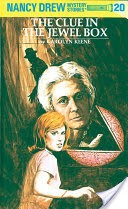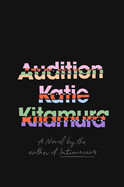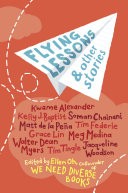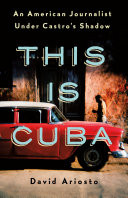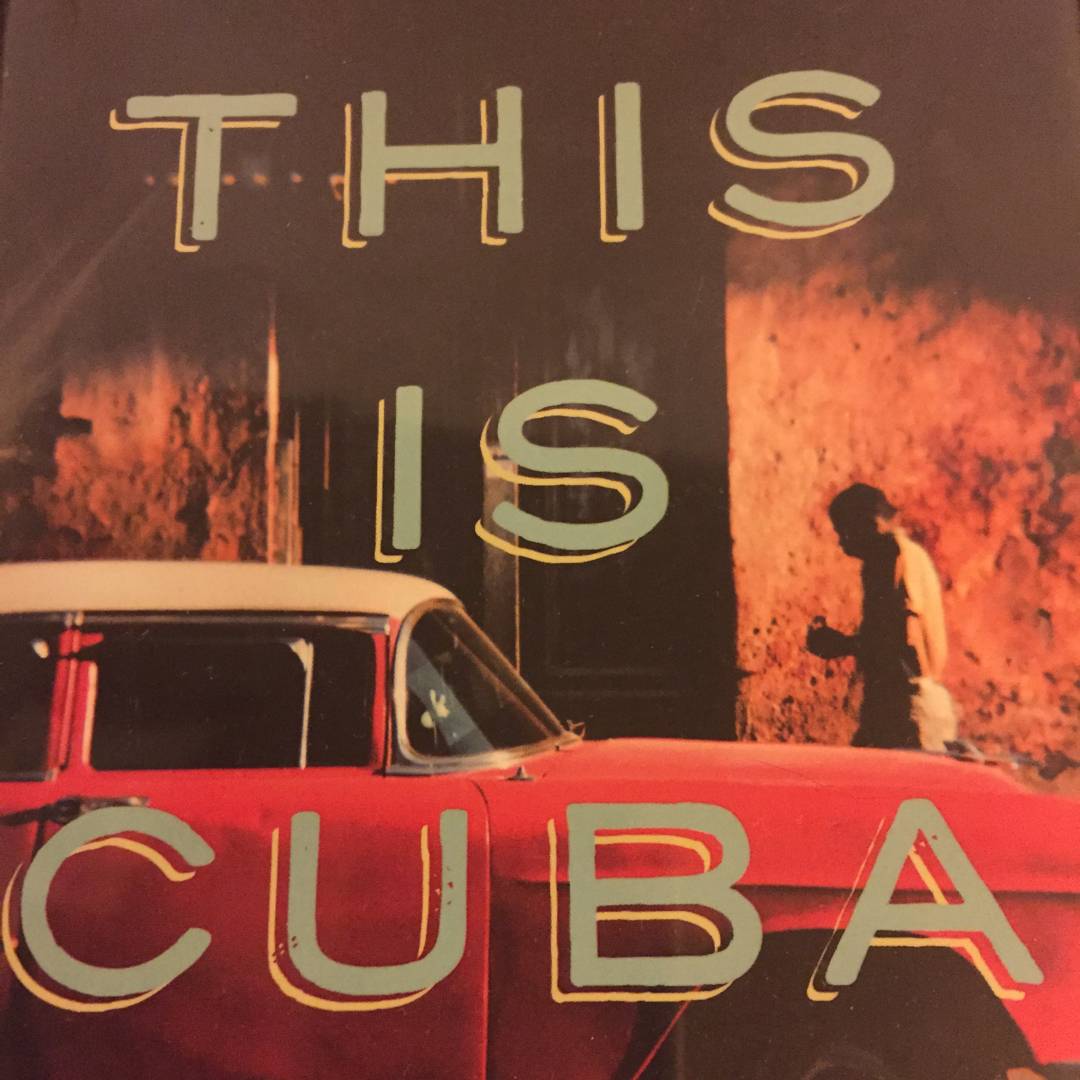
I picked this up thinking it was going to be about Cuba‘s culture which has always intrigued me. Instead, the book was focused on the economic impact on civilians of American sanctions, Cuba‘s government‘s treatment of its citizens and the impact of the American normalization of its relationship with Cuba. Although past books romanticized Cuba, this one showed of its grittiness and our complex relationship.
5 likes







